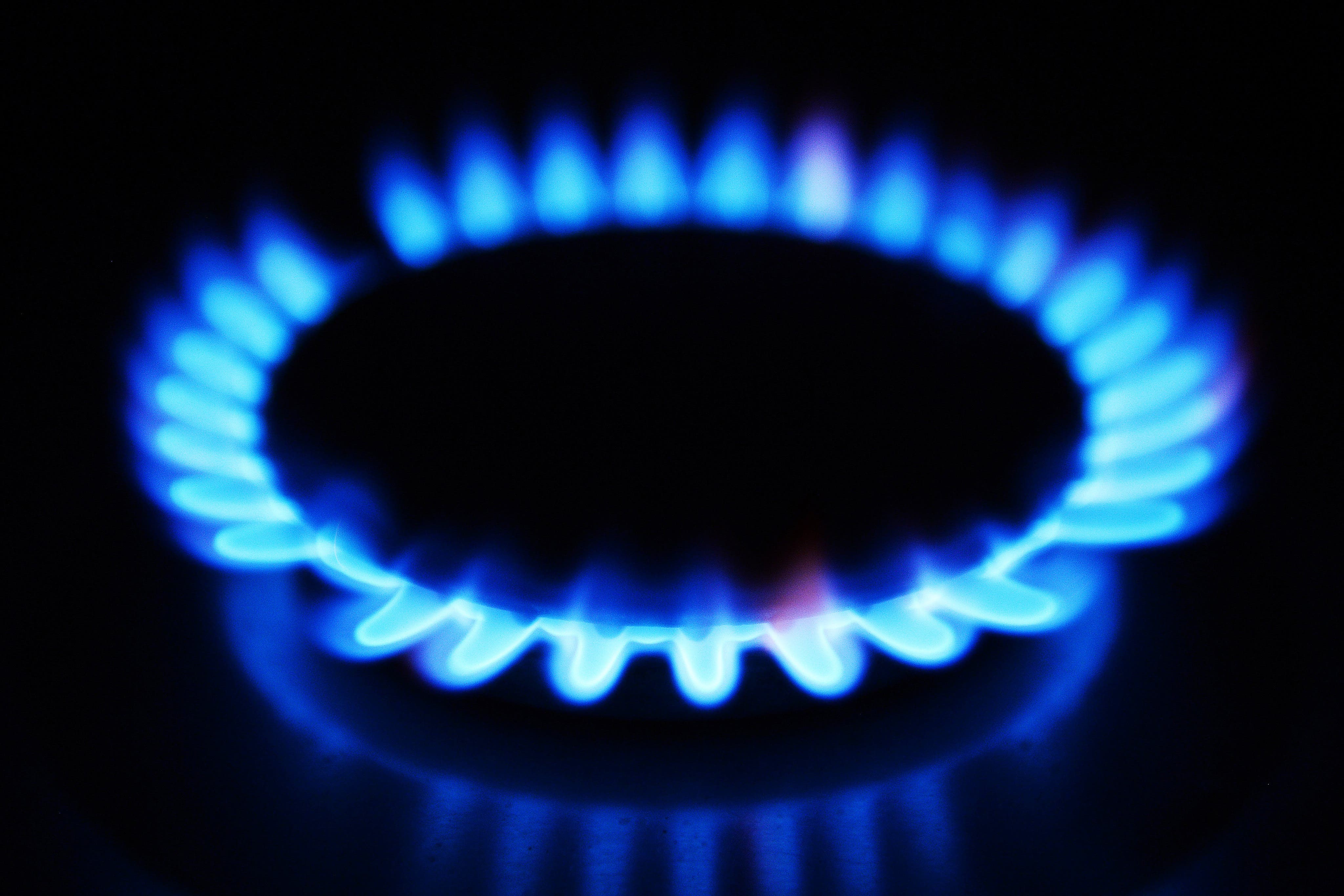Energy watchdog ponders £17 hike in household bills to stop suppliers collapsing
Ofgem is consulting on plans for a one-off increase in the energy price cap as it said suppliers are at risk of collapse from record consumer debts.

Britain’s energy watchdog is considering a one-off increase to the energy price cap of up to £17 a year to help prevent suppliers from going bust as they face spiralling consumer debts.
Ofgem said it was launching a consultation on options to protect the energy market after figures in the summer showed that debt reached a record £2.6 billion due to soaring wholesale prices and cost-of-living pressures on households.
The watchdog said it was considering a one-off increase in the price cap that could see households pay up to £17 a year more – or £1.50 a month – on average “to reduce the risk of energy firms going bust or leaving the market as a result of unrecoverable debt”.
Ofgem cannot subsidise energy or force businesses to sell it at a loss and suppliers must be in a position to offer high-quality services to customers
It warned that if it did not take action, consumers could face even higher costs and poorer standards of service if suppliers collapsed due to the debt levels.
The regulator is consulting the energy industry, consumer groups and the wider public to look at the options.
But it said, if approved, any increase to the cap would be delayed until next April to protect consumers from extra costs during the winter.
Tim Jarvis, director general for markets at Ofgem, said: “We know that households across the country are struggling with wider cost-of-living challenges, including energy, so any decision to add costs to the price cap is not one we take lightly.
“However, the scale of unrecoverable debt and the potential risk of suppliers leaving the market or going bust, which passes on even greater costs to households, means we must look at all the regulatory options available to us.
“Ofgem cannot subsidise energy or force businesses to sell it at a loss and suppliers must be in a position to offer high-quality services to customers.
“We must consider the fairest way to maintain a stable energy market and we will do this in consultation with all our partners to ensure we are protecting the most vulnerable households.”
Ofgem said that at the height of the energy crisis, when around 30 suppliers went out of business, it charged every energy customer an extra £82 to cover costs to ensure that households were not cut off.
It said its latest proposals would have varying impacts on customer bills, depending on payment types.
But Simon Francis, coordinator of the End Fuel Poverty Coalition, said the Government should instead look to help customers pay off energy debts.
He said: “Households are struggling under the huge weight of energy debt which has been caused through no fault of their own, but by rising prices.
“All this time, energy firms have continued to profit from the misery of people racking up debt and living in cold damp homes.
“Rather than pass on more increases to energy bills, the Government needs to work with energy firms to introduce a ‘help to repay’ scheme to help get Britain’s households back on to an even keel.”